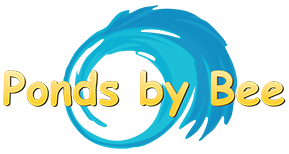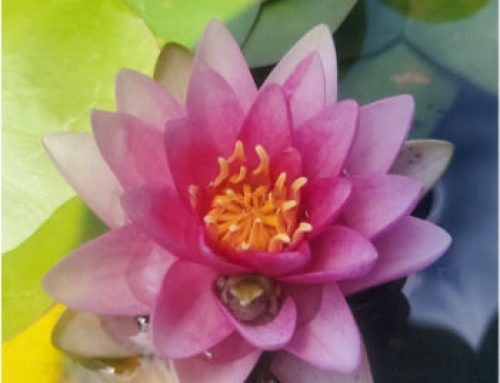 Feeding your backyard pond fish properly is essential for their health and maintaining good water quality. Providing a balanced diet ensures your fish grow well, stay vibrant, and avoid overloading the pond with excess nutrients from uneaten food. Here’s what to feed your fish and how to do it right:
Feeding your backyard pond fish properly is essential for their health and maintaining good water quality. Providing a balanced diet ensures your fish grow well, stay vibrant, and avoid overloading the pond with excess nutrients from uneaten food. Here’s what to feed your fish and how to do it right:
Best Foods for Pond Fish
1. Commercial Fish Food
- Pellets or Flakes:
- Use high-quality, species-specific food. Koi and goldfish benefit from sinking or floating pellets formulated for pond fish.
- Look for protein-rich formulas (30-40% protein) with vitamins and minerals.
- Seasonal Foods
- Spring/Fall: Feed wheat germ-based food to support digestion in cooler temperatures.
- Summer: Use high-protein food for growth when water is warm and fish are most active.
- Winter: Stop feeding when water temperature falls below 50°F (10°C), as fish enter a dormant state.
2. Fresh and Natural Foods
- Vegetables:
- Offer chopped lettuce, spinach, peas (shelled), and zucchini.
Fruits:
- Small pieces of watermelon, orange, or apple can be occasional treats.
- Live or Frozen Foods:
- Bloodworms, brine shrimp, daphnia, and earthworms are protein-rich supplements.
3. Homemade Fish Food
- Create a blend of fish-safe vegetables, proteins, and gelatin for a nutrient-rich, homemade fish food.
4. Natural Foraging
- Encourage natural grazing by planting submerged vegetation (e.g., anacharis) and promoting a healthy pond ecosystem.
Tips for Feeding Pond Fish
1. Feed in Small Quantities
- Only feed what your fish can consume in 2-5 minutes. Overfeeding leads to uneaten food, which decays and pollutes the water.
2. Consider Water Temperature
- Fish metabolism slows in cooler water, so feed less or not at all during cold months.
3. Avoid Stale Food
- Store fish food in a cool, dry place and replace it every 6 months to prevent nutrient degradation.
4. Use a Feeding Spot
• Feed fish in the same location to monitor their health and feeding habits.
5. Choose Floating Food for Monitoring
- Floating pellets let you observe fish behavior and health while preventing food from sinking and rotting.
Foods to Avoid
- Bread and Processed Foods: Difficult to digest and can cause health issues
- High-Fat Foods: Harmful for fish and water quality
- Excess Protein in Cold Weather: Hard to digest in low temperatures.
Benefits of Proper Feeding
1. Fish Health: Balanced nutrition supports growth, color vibrancy, and disease resistance.
2. Water Quality: Controlled feeding minimizes waste, algae growth, and water pollution.
3. Pond Balance: Proper feeding supports a healthy ecosystem with less maintenance required.
By providing a diverse, high-quality diet and feeding responsibly, you’ll ensure your pond fish thrive while maintaining a clean and balanced pond environment.


